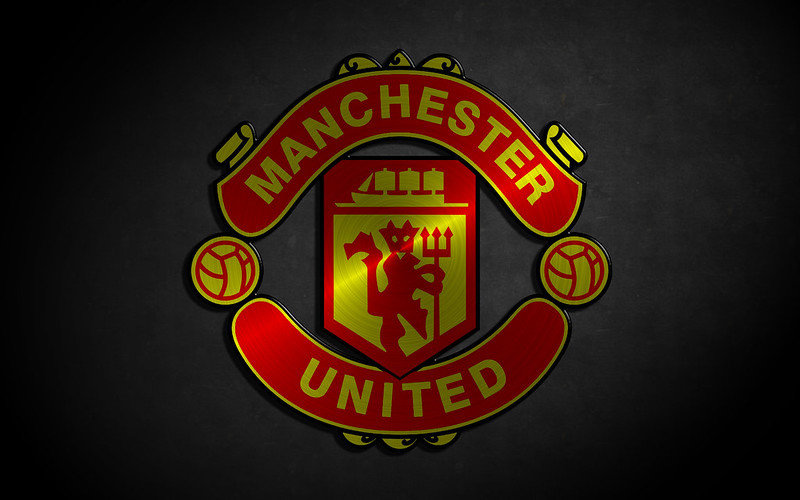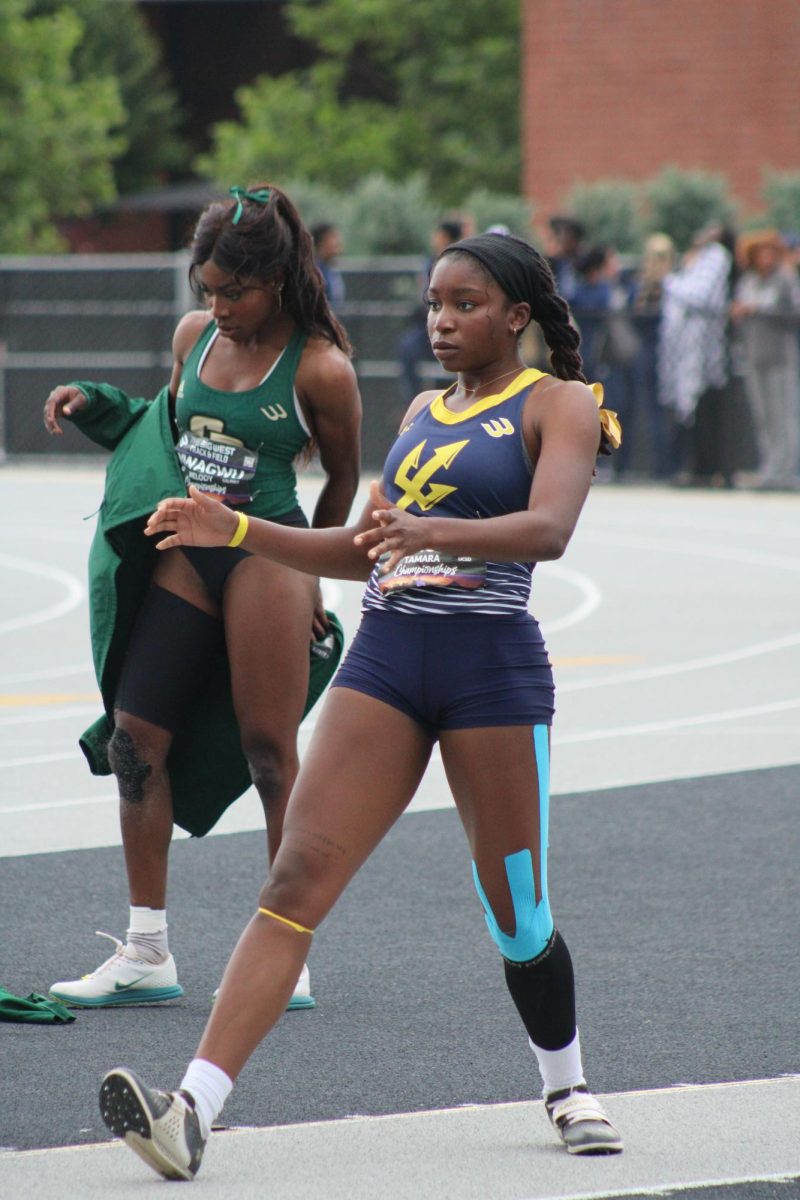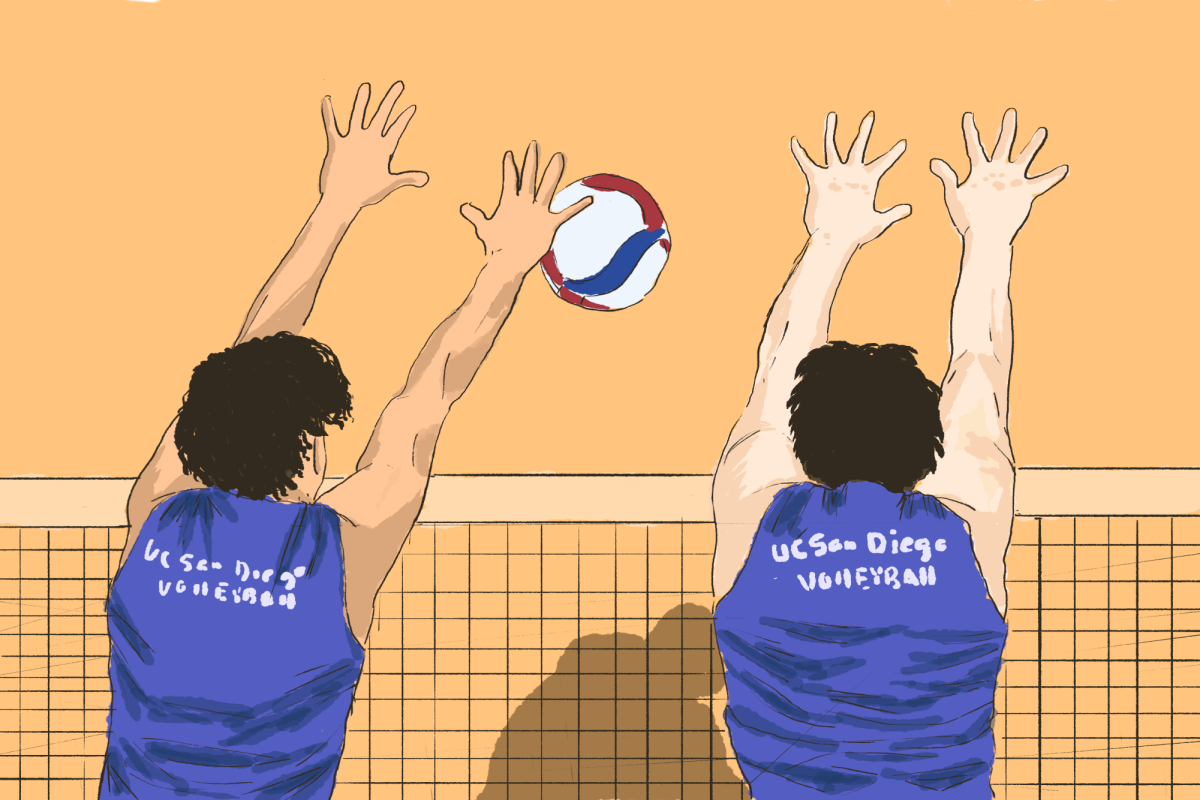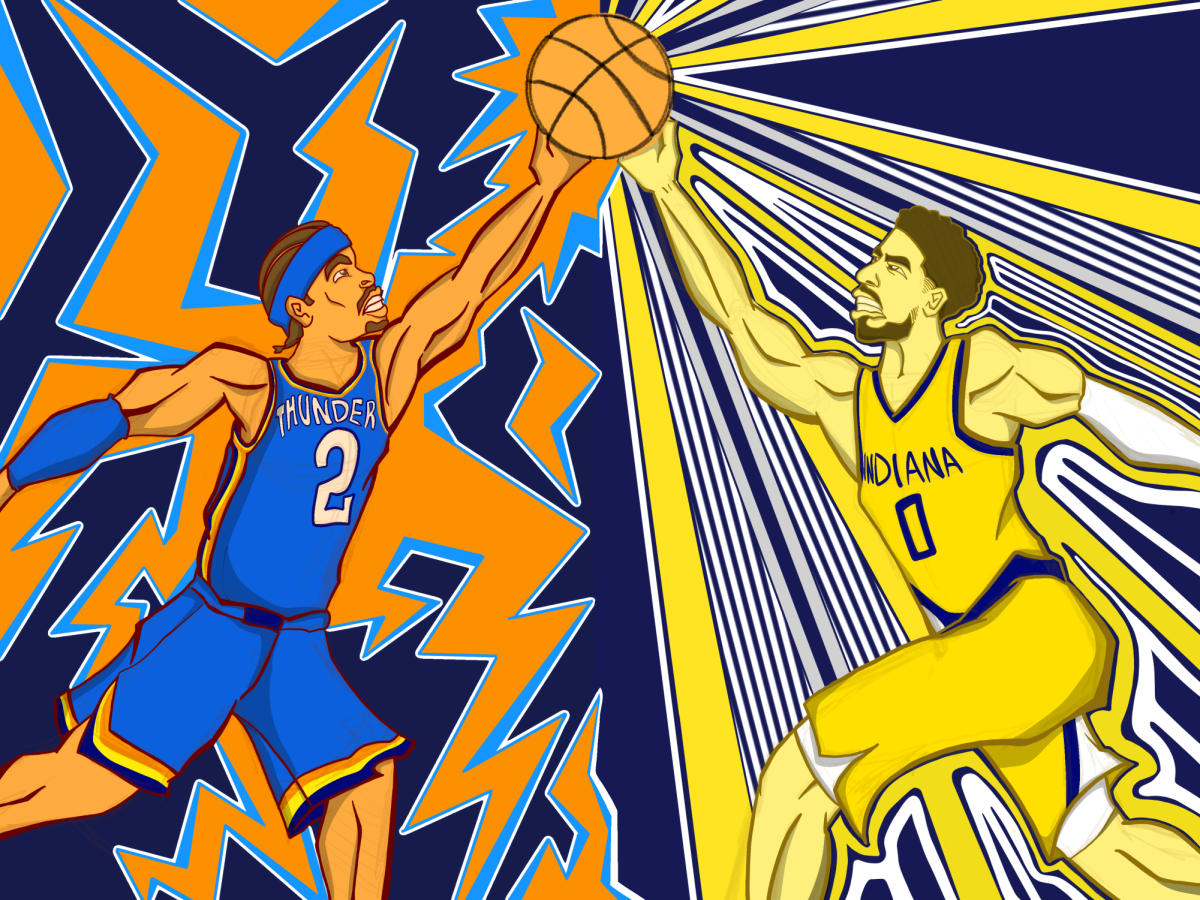Is the Sanctity of Football Under Threat?
Apr 24, 2023
A few weeks ago, news broke regarding English professional football club ownership, but it really should have gotten more attention than it did. On March 30, the English Premier League (EPL), the highest tier of professional association football in the country, announced a change to their ownership rules that would allow the disqualification of club owners and directors on the grounds of human rights abuses.
The change is actually a revision to the Owners’ and Directors’ Test, which is intended to ensure an owner or director is an appropriate candidate to hold their position. It essentially determines if someone is “fit and proper” to be in any significant leadership or management position in a club, in order to preserve the integrity of the league, according to a list of requirements that include legal allowance to become a director, no management role within another English club, absence from the list of registered sex offenders, and others within this vein. The new human rights provisions are based on the Global Human Rights Sanctions Regulations from 2020.
Naturally, it seems as though such a stipulation should not have needed to be spelled out like this, and even if it did, that it came almost 21 years after the founding of the league in 1992 is nothing short of disgraceful. And so, now that the subject of controversial football club ownership has come back into the limelight, it’s time yet again to face what is honestly a difficult conversation about the future of the sport as a whole.
In October 2021, the football world was consumed by the news that Saudi Arabia was buying Premier League club Newcastle United F.C. Well, technically, the purchase was made by a consortium of the Saudi Public Investment Fund (PIF), PCP Capital Partners and the Reuben Brothers, but the PIF is the Kingdom of Saudi Arabia’s sovereign wealth fund and is controlled by Crown Prince Mohammed bin Salman (MBS). The now-infamous Saudi takeover sparked widespread concern as accusations of sportswashing were leveled against the move. Saudi Arabia and MBS have been accused of heinous human rights abuses, including but not limited to the 2018 murder of journalist Jamal Khashoggi. Other nation-states, such as Qatar, that are becoming increasingly involved in football have also come under heavy fire from human rights groups and the international community as a whole for their own rights abuses, including labor rights violations and oppression of their LGBTQI+ communities.
Sportswashing, or the attempts by states to mask their human rights abuses and other controversies by appealing to the globally beloved medium of sport, has become a highly debated topic recently, starting in December 2010 with Qatar’s selection as the host nation of the 2022 FIFA World Cup. Qatar’s bid for hosting the tournament came under fire from the start, with allegations of corruption and bribery amongst FIFA officials that allowed such an entirely ill-suited venue to be selected.
Qatar has also been active on the club football front, having recently submitted a bid to purchase Manchester United F.C; however, this has thus far come to nothing and the team’s current owners, the Glazers, remain in charge. The Newcastle takeover was preceded by the buyout of Manchester City F.C. by the City Football Group Limited, a holding company whose majority shareholder is the Abu Dhabi United Group, owned by Sheikh Mansour bin Zayed Al Nahyan (of the Abu Dhabi Royal Family) and based in the UAE. Since this purchase, the Abu Dhabi United Group has poured huge amounts of money into City’s development program, skyrocketing the club from average-at-best to one of the strongest in the world. For football fans, nation-state takeovers present a double blow to the sport: it represents major decision-makers sanctioning human rights violations while also diminishing the integrity of the competition for everyone.
The meteoric rise of Manchester City as a football powerhouse has been a subject of concern since 2008, when the UAE made the purchase. When clubs have access to the near-endless pools of money, such as City has, they are able to afford all of the best players and play them in one permanent all-star squad that can cut through any competition like paper. Of course, there are league rules in place intended to prevent this, namely the policy of Financial Fair Play, which caps club spending to try to keep the playing field as even as possible, but City’s success, which is very quickly being emulated by Newcastle, is proving that such rules are not as effective as they need to be. This is perhaps most obvious in France, where constant Ligue 1 leaders Paris Saint Germain are nearly uncontested every year for the trophy, winning eight of the last ten championships, and are under ownership by Qatar Sports Investments (a shareholding organization under the Qatar Investment Authority, another state-run sovereign wealth fund).
So, not only is the purchase of football clubs by nation-states a step backwards for human rights, but it’s harmful to football itself. But even though it’s a trend that is bad on all fronts, there doesn’t seem to be anything we can do to stop it. The ownership stories of Manchester City and Newcastle United are just the beginning. Even though the EPL has updated their owners’ and directors’ test, and even though football fans are becoming increasingly aware and outraged at this trend, at the end of the day, money talks and it’s much louder than any voice that speaks out against it. I could go so far as to say there is a sense of inevitability to this whole situation. In light of the EPL’s changes to their ownership rules, the league has come under pressure to reevaluate their decision to allow the Saudi takeover of Newcastle United; in 2021, the EPL insisted that they had received assurances that the Saudi government would not be involved in the running of the club, but that just seems like a legal loophole. Further, these new rule changes might not even be able to be used against owners that have already been allowed into the league, which limits their efficacy.
Dear readers, I’m sorry that this article has taken such a pessimistic view on the situation. Perhaps these predictions are wrong, and perhaps the collective voice will eventually come out on top to preserve the integrity of this sport we all love. Indeed, it would be presumptuous and bold to claim that public outcry is entirely futile, that the opinion of the people is worthless and that resistance against this would be grounded before takeoff. The new revisions to the EPL ownership rules, while not a perfect or whole solution, is absolutely a step in the right direction. All that to say, it’s too soon to say for now, but certainly, this is a conversation that is looming large over the next few years, as well as the future of the sport. We as fans, and indeed we as people, must get ready to reckon with this beast that is threatening the sanctity of football.
Image Courtesy of Sander of Flickr














